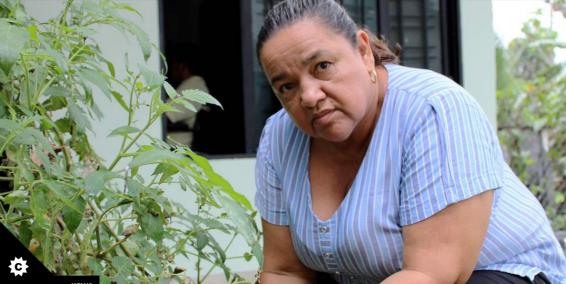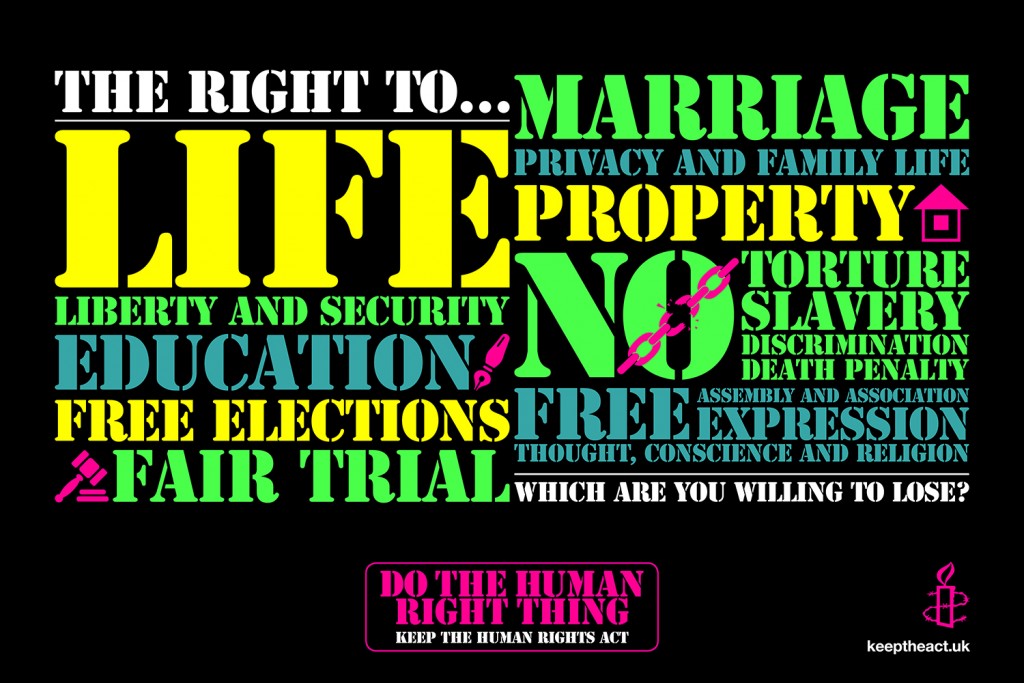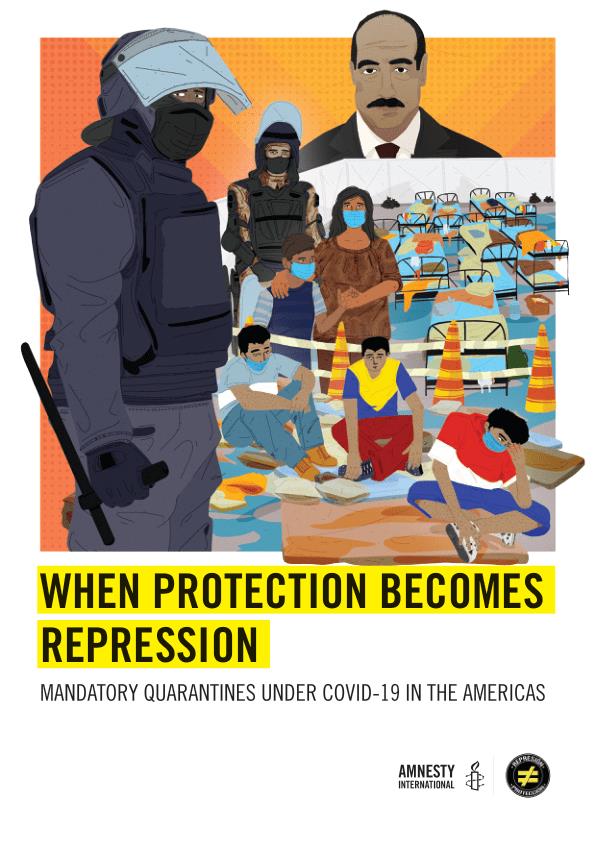We are pleased to welcome Carla Torres to our team as Country Coordinator for Argentina and Chile.
This month, we update you on developments in Colombia, Chile, Bolivia, Paraguay, Venezuela, Peru, Ecuador, Brazil and Argentina. We have new Amnesty reports on human rights defenders in Colombia and police violence in Chile, an update on illegal cattle farming in Brazil and alert you to a new Amnesty campaign to legalise abortion in Argentina. There are petitions and Urgent Actions for Colombia (2), Bolivia and Paraguay. We report on the pressures on indigenous communities in Colombia, Peru, Paraguay, Ecuador, Brazil and Argentina threatened by mining companies, paramilitaries, farmers, loggers, security forces and drug traffickers. Covid-19 infection rates surge to new highs across the region and Amnesty has written to the OAS asking member states to prioritise human rights, particularly in El Salvador, Paraguay and Venezuela where lockdown measures are extreme.
REGIONAL
In an open letter to heads of state attending the General Assembly of the Organization of American States (OAS), Amnesty called on OAS Member States in the Americas to prioritise a human rights-based approach to combating the COVID-19 pandemic, which it said had exposed widespread inequality and discrimination in the region. It noted that in countries such as El Salvador, Paraguay and Venezuela, the strict measures taken to combat COVID-19 have included confining tens of thousands of people in state-run quarantine facilities under police or military control.
COLOMBIA
Amnesty International has published a new report, Why do they want to kill me? on the plight of human and environmental rights defenders in Colombia. The signing of the Peace Agreement between the Colombian government and the FARC (Revolutionary Armed Forces of Colombia) guerrilla group on 24 November 2016 has not had the hoped-for impact on human rights because of the failure of the Colombian state to fulfil the terms of the Agreement. The flaws in the implementation of the Agreement are endangering the lives of human rights defenders, particularly those defending territories in the country that are richest in natural resources. The sharp increase in the number of human rights defenders killed since 2017 is evidence of this.
As part of this campaign, Amnesty is calling on the Colombian Congress to guarantee the safety of Human Rights Defenders. Please sign Amnesty’s petition to the Colombian Congress to set up a Commission for the Verification of Guarantees to monitor and fulfil its responsibilities to protect defenders, including those who protect the environment and our natural resources.

One of Amnesty International’s Write for Rights human rights defenders, Jani Silva, tells her story. It begins, My name is Jani Silva and I’m a campesina, or small-scale farmer, from Colombia. I’m 57 years old and I work in the Perla Amazónica Farming Reserve Area in the southern region of Putumayo. Ever since I was little, I’ve always followed my convictions and always defended what I believe in. This is why I’m fighting to preserve the Amazon and its biodiversity… Please sign the letter to President Duque, asking him to ensure that Jani Silva and the colleagues she works with have access to a collective protection plan.
The UN Special Rapporteur on human rights and the environment has called on ‘Colombia to implement the directives of its own Constitutional Court and to do more to protect the very vulnerable Wayúu community on the Provincial indigenous reserve against pollution from the huge El Cerrejón mine and from COVID-19.’ The dispute over the mine’s colossal damage to the environment and to the livelihood, health and way of life of the indigenous Wayúu community has been ongoing for 20 years. The mine is owned one-third each by BHP, Glencore and Anglo-American PLCs. All three are listed on the London Stock Exchange.
The UN’s High Commission to Colombia condemned the attempted killing of the indigenous senator Feliciano Valencia. The senator was on his way to commemorate the anniversary of the killing of five indigenous people in the Cauca, a social leader and human rights defender and four indigenous guardians, 29 October 2019.
The New York Times reports on the march of 10,000 indigenous people to Bogotá to negotiate with President Duque the surrender of indigenous lands, the implementation of a 2016 peace deal and respect for democracy. The President refused to meet them.
Colombia Peace summarises the testimony of LGBT+ victims of the civil war to the Special Jurisdiction of Peace (JEP). ‘The testimonies in this latest report are unique because they provide evidence on how state forces and paramilitary groups targeted the leaders of locally based LGBT+ groups, who promote fundamental rights, democratic ideals, and peace, to permanently exterminate their presence in civil society. Therefore, this is the first report submitted to the JEP that reveals how LGBT+ groups, not only LGBT+ individuals, were subject to conflict-related violence.’ [Read more…]

